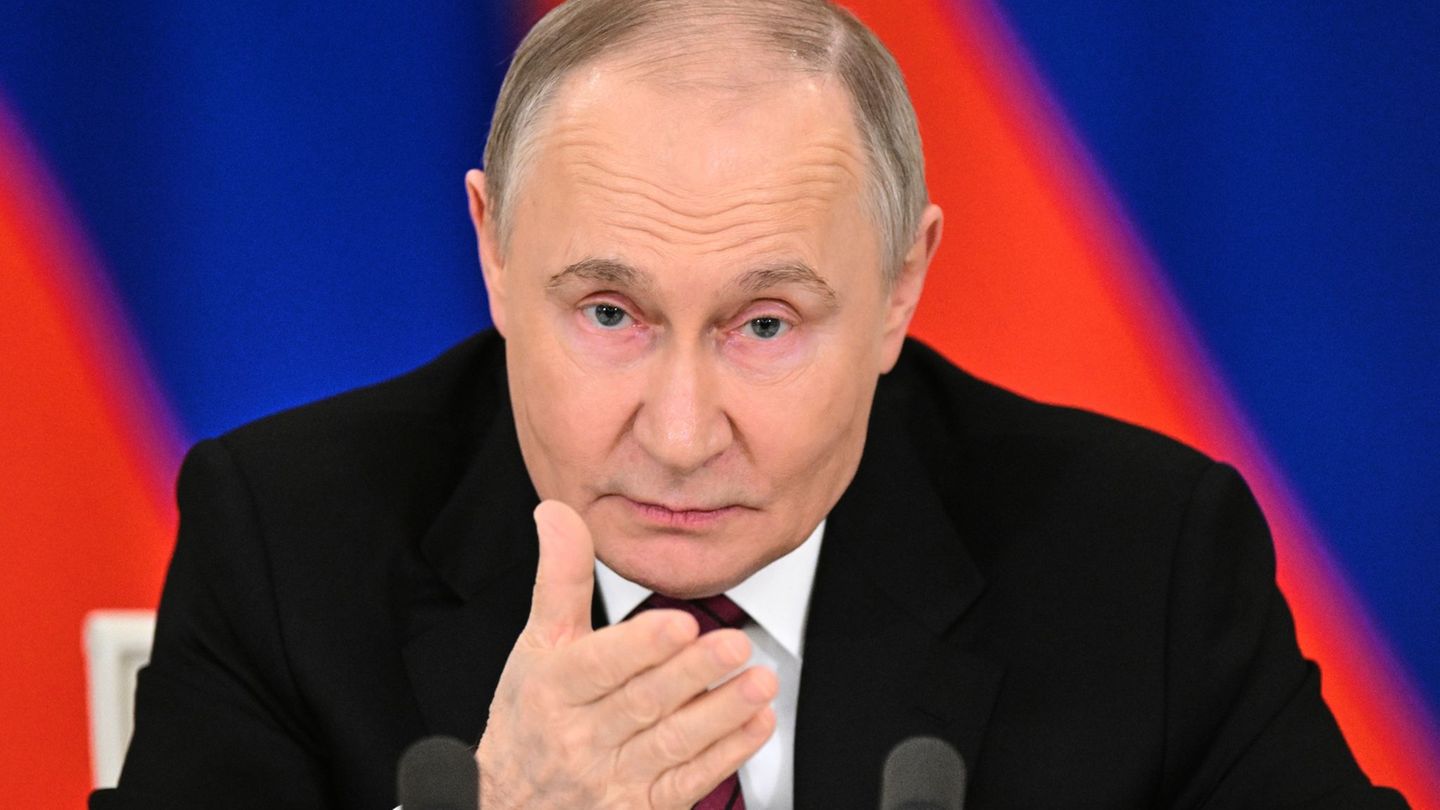I have been working in the news industry for over 6 years, first as a reporter and now as an editor. I have covered politics extensively, and my work has appeared in major newspapers and online news outlets around the world. In addition to my writing, I also contribute regularly to 24 Hours World.
Menu
Location at a glance: Putin stays away in Istanbul Ukraine negotiations
Categories
Most Read
Hamas hands over two more coffins containing dead hostages
October 21, 2025
No Comments
Russian diplomacy: Tensions with the USA: Venezuela receives encouragement from Moscow
October 21, 2025
No Comments
Ukraine war: US media: Trump-Putin meeting in Budapest unclear again
October 21, 2025
No Comments
Cityscape debate: Daughters’ demonstrations against Merz – Chancellor thinks everything has been clarified
October 21, 2025
No Comments
Gaza agreement: US does not give deadline for Hamas to return weapons
October 21, 2025
No Comments
Latest Posts

Boca: Luis Advíncula is accused of crashing the wrong way and trying to escape
October 21, 2025
No Comments
October 21, 2025 – 20:03 The Peruvian player was reported to court. Images of the accident were known. X.com The side of Boca Juniors, Luis

How much are the jewels stolen from the museum valued at?
October 21, 2025
No Comments
The prosecutor, who described the robbery as “extremely spectacular,” assured that the investigation into the theft of the French crown jewels is advanced with the

How the real economy arrives at the 2025 legislative elections
October 21, 2025
No Comments
Yerba mate production also maintains solid performance in the interannual comparison, with 17 consecutive months of increases. “However, signs of exhaustion begin to appear due
24 Hours Worlds is a comprehensive source of instant world current affairs, offering up-to-the-minute coverage of breaking news and events from around the globe. With a team of experienced journalists and experts on hand 24/7.

